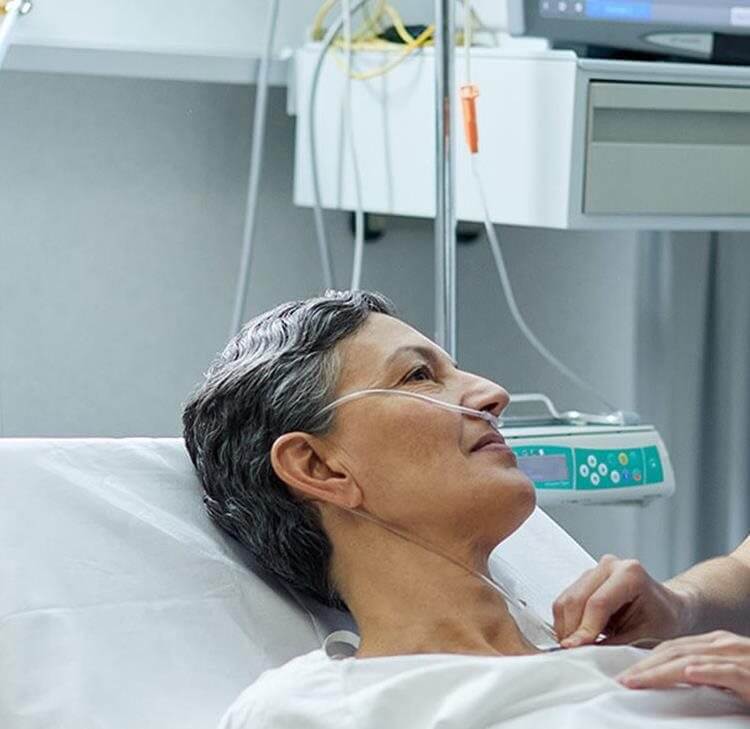Chief Coroner Guidance - R (on the application of Maughan)
The Chief Coroner has helpfully published new guidance in the form of Law Sheet 6, dealing with the judgment of R (on the application of Maughan) v HM Senior Coroner for Oxfordshire. In Maughan, the Supreme Court ruled that all conclusions in coronial inquests are to be determined on the civil standard: the balance of probabilities.
This overruled previous precedent that the standard of proof for Unlawful Killing and Suicide Conclusions was the criminal standard, beyond reasonable doubt. For many years the Coroner or jury could only return an Unlawful Killing Conclusion if they were satisfied beyond reasonable doubt that the death was caused by the crime of murder, manslaughter or infanticide. Now following the decision in Maughan the Coroner only has to be satisfied of this on the balance of probabilities. You can read our earlier blog here and article here on the implications this may have for NHS organisations.
The Chief Coroner’s new guidance highlights several take away points from the judgment of Maughan.
Impact on criminal proceedings
It is made clear that where a coroner reaches a Conclusion of Unlawful Killing, this has no bearing on criminal proceedings because of the distinct difference in the standard of proof. Previously, an inquest would apply a criminal standard so it would be unusual to have an Unlawful Killing Conclusion without a criminal conviction.
Under the new law, the Chief Coroner states clearly that where there has been a criminal trial without conviction or the CPS have decided not to prosecute, a coroner can still reach an Unlawful Killing Conclusion.
Wider context
The guidance highlights that although the lower standard of proof will have some impact on the increase of Unlawful Killing Conclusions, it must be viewed in its wider context. In 2019 Unlawful Killing made up 0.5% of all inquest conclusions. The Chief Coroner makes clear that the issue of Unlawful Killing will only feature in relatively few cases.
If a conclusion of Unlawful Killing is reached it should be well-reasoned and fact specific. There is no requirement for a coroner to use any particular wording on the Record of Inquest, but it remains that a coroner, wherever possible, should record a short form conclusion.
The Chief Coroner’s guidance does provide some reassurance that Unlawful Killing will remain a relatively rare conclusion in the Coroner’s Court. The Chief Coroner makes a clear the distinction between inquests and criminal proceedings. Inquests remain a ‘fact-finding exercise and not a method of apportioning blame’. However, it is clear from the Guidance that even where there has been a criminal trial without conviction or the CPS have decided not to prosecute the Coroner can and will still return an Unlawful Killing Conclusion because the standard of proof is lower at inquest. In those cases where there has been a police investigation which has not resulted in prosecution, Trusts will need to be extra vigilant at inquest to the possibility of an Unlawful Killing Conclusion and in those cases we would recommend seeking legal advice at an early stage. Do get in touch with us if we can help with this or any other issues.
Contact

Mark Hickson
Head of Business Development
onlineteaminbox@brownejacobson.com
+44 (0)370 270 6000







































